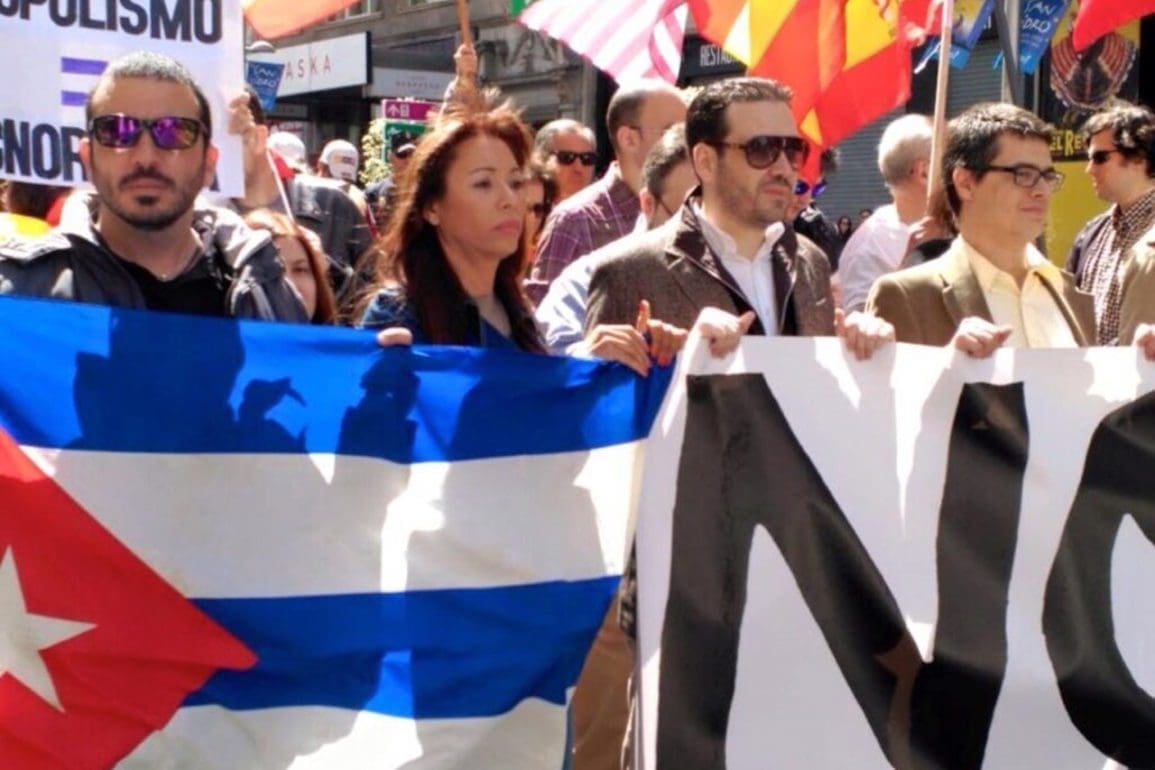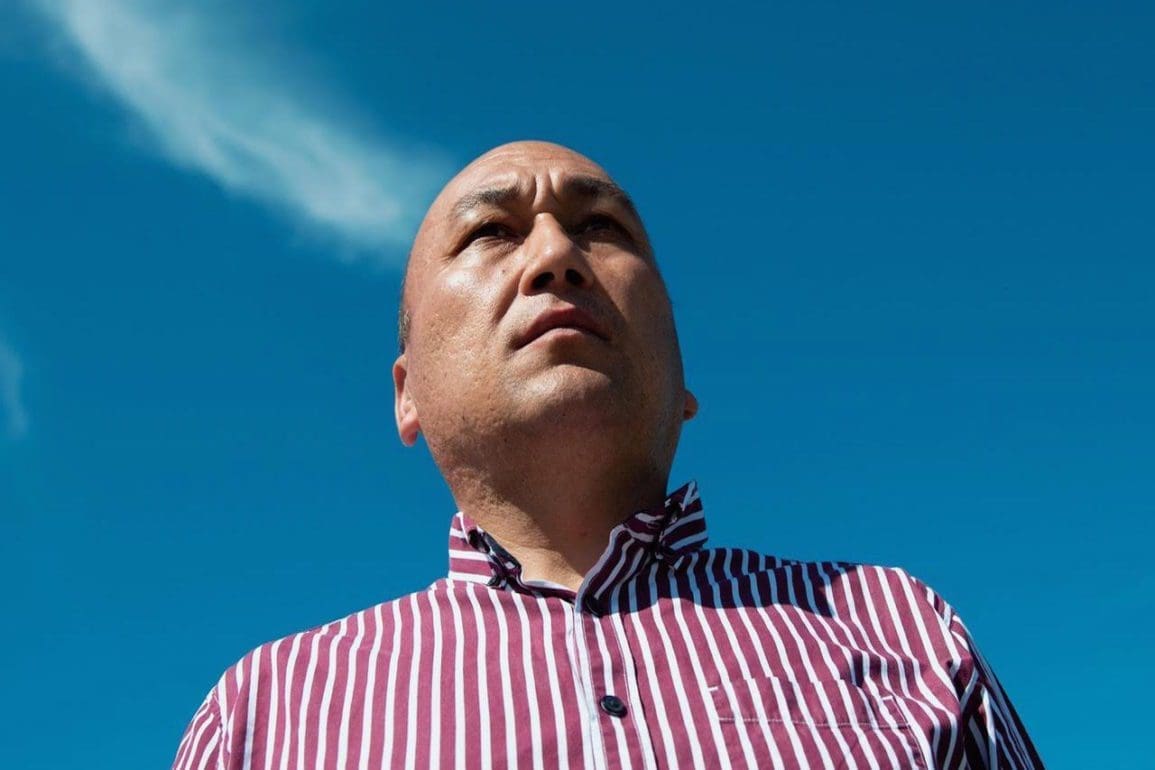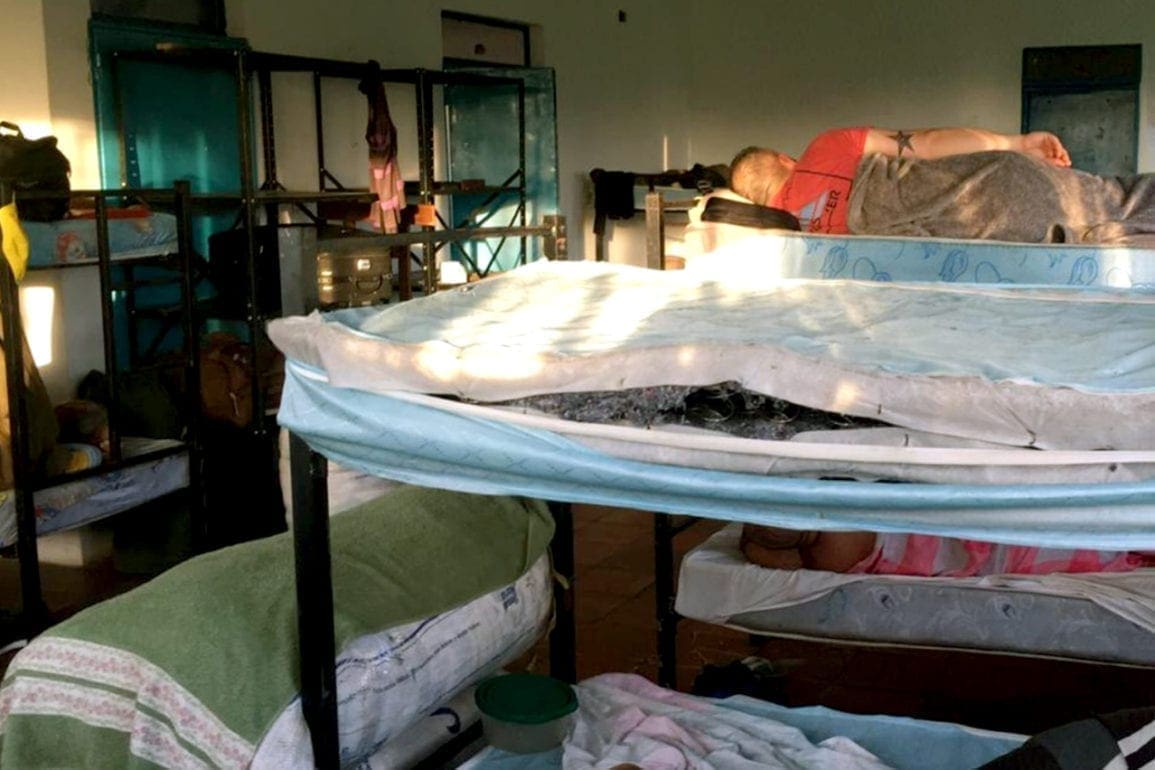Salvadoran police face heightened violence, stress during State of Emergency
Right now, we work 24-hour shifts without rest and eat while on patrol. We arrest the gang members we see walking the streets. I prepare myself mentally for each encounter—I know I could lose my life at any moment.
- 2 years ago
April 5, 2022

SAN SALVADOR, El Salvador—To be a police officer is a unique thing. Though we’re used to dangerous situations, we’re still human beings, and we feel fear.
I have worked in this field for 28 years, and I’ve received more than 30 death threats in that time. That is why I have always requested to work in departments far from where I live. Since the government enacted a State of Emergency due to record levels of gang violence, my work has become even more treacherous.
A new reality during heightened gang violence
The State of Emergency has intensified our work and altered our normal routines.
The gang members are hidden and desperate, seeking refuge during this time of heightened tension. Any of them could attack me with an explosive device at any time. Due to the increased chance of violence, we’ve doubled our security measures to prepare ourselves for any possible confrontation. Despite those measures, I worry constantly.
When my colleagues and I go out to patrol, we arrest the gang members we see walking the streets. I prepare myself mentally for each encounter—I know I could lose my life at any moment. The line between order and violence is so thin, mostly because of the pressure that gangs are under.
Right now, we work without rest and eat while on patrol—there is no other opportunity. We work in 24-hour shifts, and even when we have a few hours after to try and sleep, our overcrowded facilities are terrible. There are no rest areas or bedrooms—I sleep on cardboard on the floor. Sometimes, 90 of us crowd into one small space, sharing only three toilets.
The lack of rest wears on us and also endangers our lives in its own way. Many of us have to drive after not sleeping 24 hours—eventually we just collapse. We are human beings and need rest after that long awake. We might snag a few moments of sleep, but it is not restful; it’s in vehicles, or sitting on the ground.
The police station where I’m currently posted doesn’t even have water, but we’re used to it now. We get up at 5 a.m. to bathe in a local recreational park.
The struggle to tackle systemic violence
The spike in homicides is a political; the government has made truces with gangs for years. It’s nothing new. Gangs take out people who have no way to defend themselves, because that’s how they spread the most hurt: innocent people, those who board public transport, workers, those who are just walking down the streets.
I know the daily life of the gang members, where they go, where they sleep—this information helps us capture them.
This decree provides us the space to pursue criminals that have outstanding arrest warrants, and hold them for up to 15 days in detention without them going up before a judge. This helps us ease the pressure of the situation on the streets, but a truly effective plan would be to deal with the situation where it begins and locate and detain the national “ranfla” (as the gang leaders call themselves).
The gangs extort us, implying they will murder those who do not collaborate with them. That is why believe we must provoke fear among them the way they do innocents—they should be afraid to enter prison, of what awaits them there. As long as that does not happen, nothing will change, and when this emergency order ends, criminal activity will continue as normal.
Sacrificing family for duty
Deciding to be a police officer has deprived me of many of life’s pleasures.
My decades of experience have diminished the fear I feel while on the job, but the gang members always look for vulnerable moments to attack and cause damage. Therefore, my fear persists when I’m on leave, because the danger doesn’t diminish. I always think someone wants to kill me in any public space, so prefer to keep to myself for safety’s sake.
Work isolates me from being with my family, but I got used to it, and so have they. My son calls me “Grinch” because he says I don’t know what Christmas is, what a celebration is; truth is, he’s right. I don’t. I had to stop taking part in certain activities, like going to dances, parties, celebrations, and more. I don’t remember being able to celebrate a birthday with a single one of my five children, and I don’t believe I have a graduation photo with any of them.
This is the price I pay for helping protect my fellow citizens.













































































































































































































































